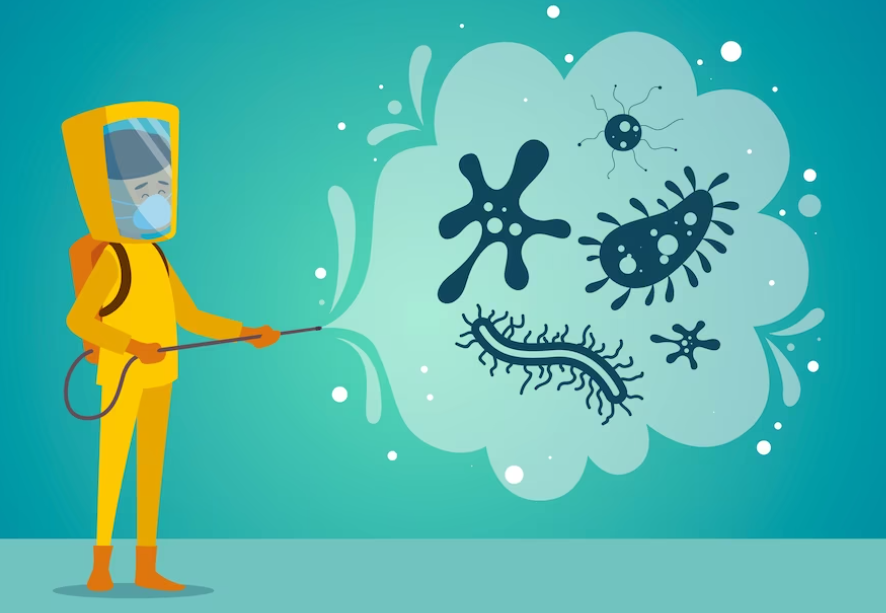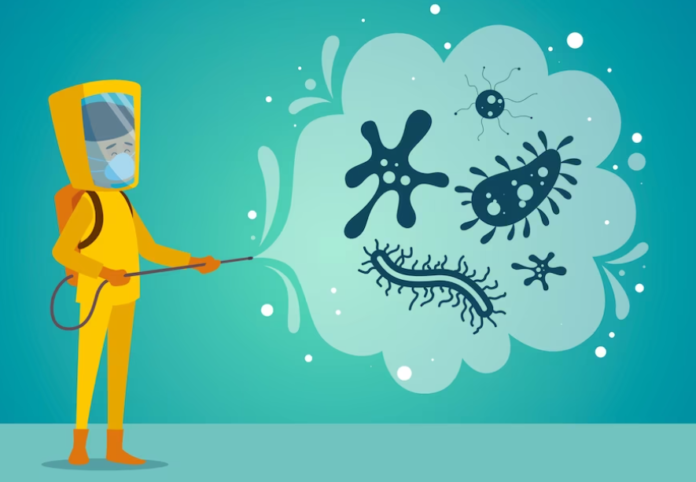Muscimol is a psychoactive compound found in various species of mushrooms, including Amanita muscaria and Amanita pantherina. While muscimol has been studied for its potential therapeutic benefits, it is also important to understand its potential toxic effects, particularly in cases of mushroom poisoning. This paper aims to review current research on muscimol toxicity, including the mechanisms of muscimol metabolism and the potential toxic effects of muscimol and its metabolites on various organ systems. It will also explore the challenges and limitations in muscimol toxicity research and the implications for prevention, management, and further research on muscimol toxicity.

Muscimol and Mushroom Poisoning
Mushroom poisoning is a significant public health concern, with an estimated 10,000 cases of mushroom poisoning reported globally each year. Amanita muscaria and Amanita pantherina are two of the most commonly implicated mushrooms in mushroom poisoning cases. These mushrooms contain high levels of muscimol and its prodrug, ibotenic acid, which can cause a range of symptoms including nausea, vomiting, diarrhea, hallucinations, delirium, and even death.
Muscimol is rapidly absorbed from the gastrointestinal tract and distributed to various organs, including the brain. In the brain, muscimol binds to and activates GABA receptors, leading to its psychoactive effects. However, muscimol can also be metabolized by the liver into several metabolites, including muscimol-2-sulfate and muscimol-3-sulfate, which may also contribute to the toxic effects of muscimol.
Research on muscimol toxicity has primarily focused on the acute effects of muscimol and its metabolites on the gastrointestinal, cardiovascular, and central nervous systems. Studies in animals have shown that high doses of muscimol can cause seizures, respiratory depression, and even death. In humans, mushroom poisoning with Amanita muscaria and Amanita pantherina can cause a range of symptoms, including gastrointestinal distress, altered mental status, and even coma.
Understanding the mechanisms of muscimol metabolism and the potential toxic effects of muscimol and its metabolites is essential for the prevention, diagnosis, and management of mushroom poisoning cases. Additionally, there is a need for further research to explore the long-term effects of muscimol exposure and the potential risk factors for muscimol toxicity.
Overall, this section will provide an overview of the current research on muscimol and mushroom poisoning, including the mechanisms of muscimol metabolism and the potential toxic effects of muscimol and its metabolites on various organ systems.
Limitations and Challenges in Muscimol Toxicity Research
Research on muscimol toxicity faces several limitations and challenges.
Lack of clinical data: There is a lack of clinical data on the toxic effects of muscimol and its metabolites, as cases of muscimol poisoning are relatively rare.
Variation in toxicity: The toxicity of muscimol can vary depending on a number of factors, including the species of mushroom it is derived from, the dose ingested, and the individual’s metabolic rate. This makes it difficult to establish a clear picture of the toxic effects of muscimol.
Limited animal models: There are limited animal models available to study the toxic effects of muscimol, as it is primarily found in mushrooms that are not commonly consumed by animals used in research.
Difficulty in identifying muscimol: Identifying muscimol and its metabolites in biological samples can be challenging, as their levels in the body decrease rapidly after ingestion.
Lack of antidote: Currently, there is no specific antidote for muscimol toxicity, which limits treatment options for affected individuals.
Ethical considerations: Testing the toxic effects of muscimol in humans raises ethical concerns, making it difficult to conduct controlled studies.
Rresearch on the potential toxic effects of muscimol is important in understanding the risks associated with mushroom consumption. However, due to several limitations and challenges, further research is needed to fully understand the toxicity of muscimol and its metabolites. This knowledge could help inform the development of effective prevention and treatment strategies for muscimol toxicity.
Conclusion
BenchChem scientists mentioned,Muscimol and its metabolites have become a growing concern, especially in cases of mushroom poisoning. Researchers have been studying the metabolism and toxicity of muscimol, as well as its potential effects on human health. Although there is still much to be learned about the toxicology of muscimol, studies have provided valuable insights into the prevention and management of muscimol toxicity. Further research is needed to fully understand the mechanisms behind muscimol toxicity, as well as to develop more effective prevention and management strategies. Despite the challenges and limitations in muscimol toxicity research, the findings have significant implications for public health and safety.


